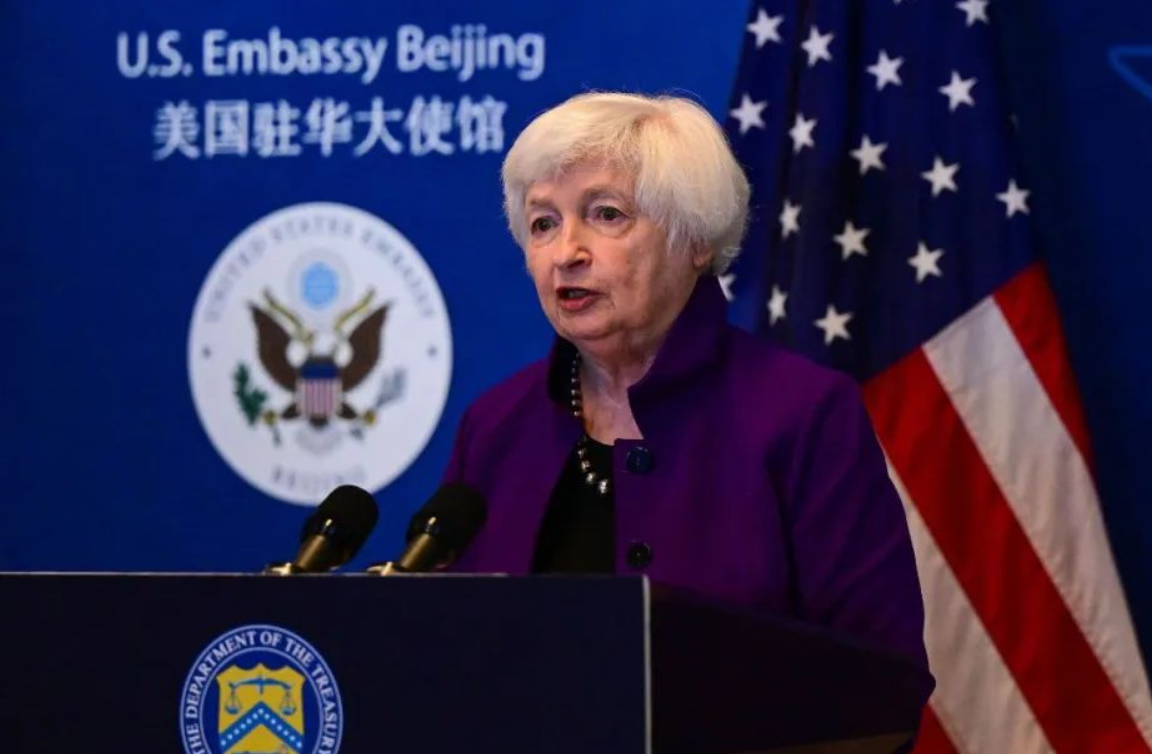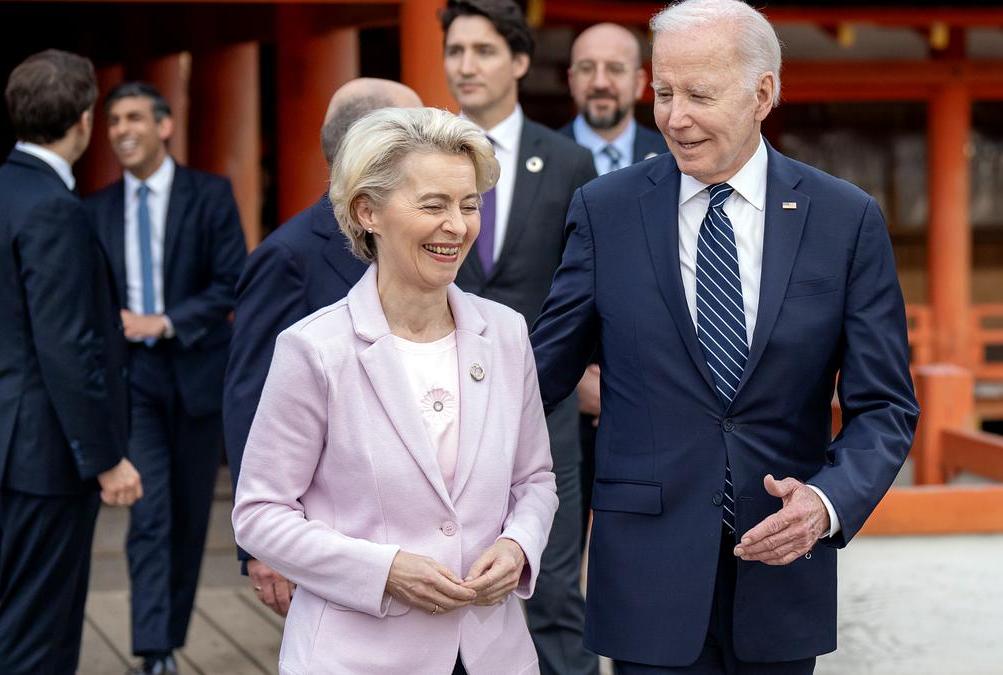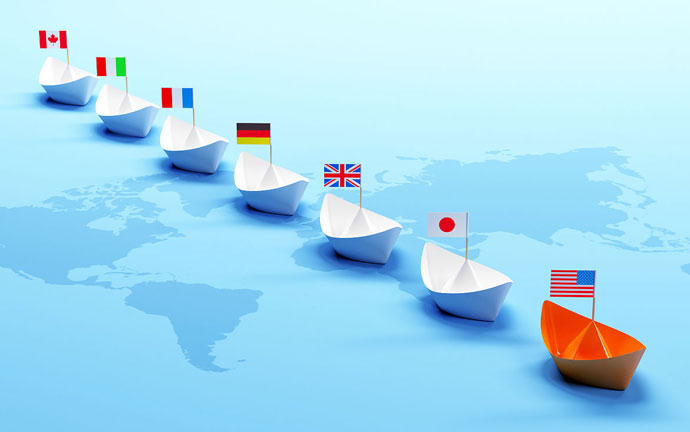Brian Wong, Assistant Professor in Philosophy, HKU and Rhodes Scholar
Feb 05, 2024
Economic rejuvenation requires Beijing to pragmatically re-engage with the West, establishing clear commitment to China being a stable, certain, and transparent environment for foreign businesses. What would this re-engagement look like?
Dong Yifan, Assistant Research Fellow, China Institutes of Contemporary International Relations
Jan 17, 2024
China and Europe look forward to more stable relations. But transcending the European-style de-risking narrative will take some doing. As frictions arise, the strategic definitions and political wisdom of both sides will be tested.
Brian Wong, Assistant Professor in Philosophy, HKU and Rhodes Scholar
Jan 02, 2024
The recent EU-China Summit marked a cautious step forward in their relationship, underlining a growing willingness to constructively engage. While substantive policy changes remain elusive, both sides acknowledged concerns and showed openness to dialogue, hinting at a potential path for future negotiations and trust-building.
Stephen Roach, Senior Fellow, Yale University
Jul 27, 2023
American politicians have a long history of mangling economic-policy debates. Some recognize reality, like when George H.W. Bush characterized so-called supply-side tax cuts as “voodoo economics.” But far too many to distort economic statistics and analysis to score political points – think of “Modern Monetary Theory” or “deficit scolds.”

Zhao Minghao, Professor, Institute of International Studies, Fudan University, and China Forum Expert.
Jul 13, 2023
If the recent shift from decoupling to de-risking amounts to a game of semantics, it will damage what little strategic mutual trust remains between China and the United States. It will only heighten concerns and raise costs for the business community.

Wang Yufan, Assistant Research Fellow, Department of American Studies, CIIS
Jun 27, 2023
A change to softer rhetoric by the United States seems aimed at placating its domestic business community, but the ultimate objective of containing China hasn’t changed. U.S. Secretary of State Antony Blinken said there’s a big difference. We shall wait and see.

Hu Dawei, Research Fellow, China Institute of International Studies
Jun 08, 2023
Hiroshima highlighted the decline of Western influence in global economic governance. The group’s inherent inadequacy arises from the desperate effort by a small group of member nations to maintain their dominant position in the world.
He Weiwen, Senior Fellow, Center for China and Globalization, CCG
May 11, 2023
Lip service notwithstanding, what Washington has been doing over the years is a form of decoupling with China — in the guise of national security. Top American officials have not articulated any boundary between decoupling and what they say are moves to “de-risk” the relationship. In many ways, they look the same.
He Wenping, Research Fellow, West Asia and Africa Studies Institute of the China Academy of Social Sciences
Mar 24, 2023
The hype over a separation of China and the United States is rooted in a new cold war mentality. But Premier Li Qiang said the two can and must cooperate. There is much they can achieve by working together, while encirclement and suppression is in no one’s interest.
Joseph Vaughan, Masters Student, Johns Hopkins University School of Advanced International Studies
Justin Feng, Masters Student, Johns Hopkins School of Advanced International Studies
Oct 14, 2022
Export controls are central in economic competition between the U.S. and China. A new U.S.-led multilateral export control regime could further entrench efforts to exclude China from accessing Western technology.